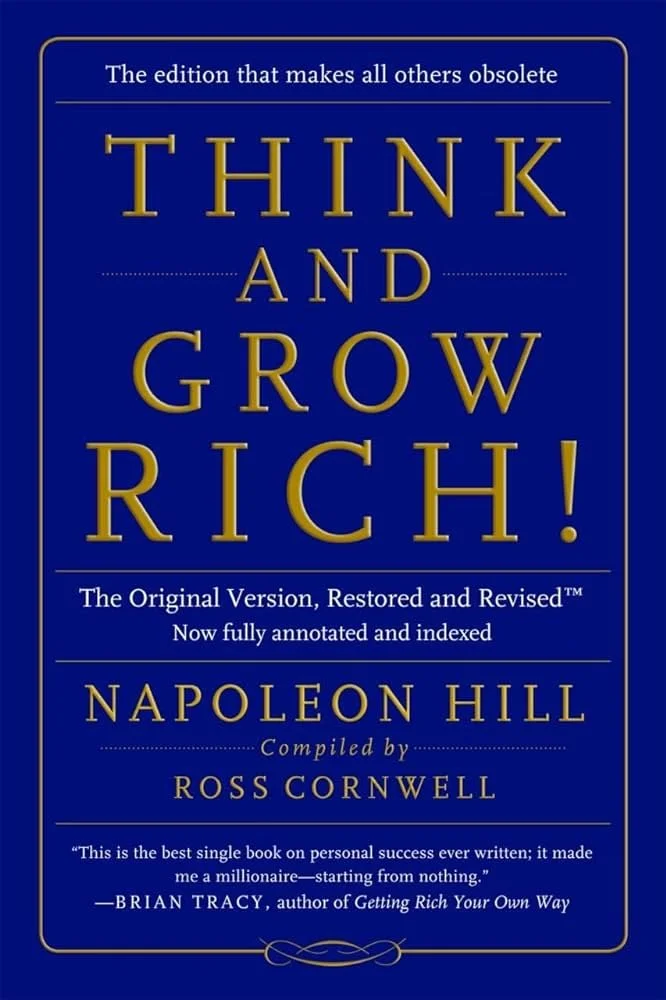What It Means to Put Your Money in the Bank (and Why You Shouldn’t Do It If You Want to Become Wealthy)
When most people think about saving money, the first thing that comes to mind is putting it in the bank. This traditional approach is seen as safe, convenient, and risk-free. However, if your goal is to build substantial wealth, parking your money in a savings account may not be the best strategy. Instead, understanding the financial ecosystem and exploring more fruitful investment opportunities can lead to greater financial success.
The Ecosystem of Banking: Loaning Your Money to the Bank
When you deposit money in a bank, you're essentially lending your money to the bank. Here's a simple breakdown of what happens:
Deposits and Loans: The bank uses your deposits to make loans to people and businesses. This is how banks make most of their profits—by charging higher interest rates on loans than they pay on deposits.
Interest Rates: The interest rate you earn on your savings account is typically very low, usually below the rate of inflation. This means your money grows slowly and may even lose purchasing power over time.
Bank Fees: Banks usually charge fees for various services, which can eat into any interest earnings you might receive.
When you understand this ecosystem, it becomes clear that banks benefit significantly from your deposits, while you may see minimal growth in your wealth.
Alternatives to Banking: Stable Investments
To build wealth, consider making stable investments that offer higher returns and greater control over your financial future. Here are a few options:
Stocks and Bonds: Investing in stocks can offer higher returns than savings accounts. Bonds, particularly government bonds, provide more stable and predictable returns.
Real Estate: Real estate can be a lucrative investment, that will provide rental income and potential appreciation in property value.
Treasuries: Depending on where you are based Government Treasury securities e.g U.S. Treasury securities, such as Treasury bonds, bills, and notes, are considered one of the safest investments as they are backed by the government.
The Importance of Investing in What You Understand
One of the golden rules of investing is to put your money into things you understand. This concept, usually championed by successful investors, emphasizes the importance of knowledge and expertise in investment decisions. Here are key points to consider:
Knowledge Base: Invest in industries or assets you are familiar with. This reduces the risk associated with unknown variables and increases the likelihood of making informed decisions.
Passion and Interest: When you invest in something you are passionate about, you are more likely to stay engaged and informed, which will lead to better decision-making.
Unfair Advantage: Seek out investments where you have an "unfair advantage." This could be insider knowledge, unique insights, or expertise that sets you apart from other investors.
Strategies for Wealth Building
Diversification: Spread your investments across different asset classes to reduce risk. This could include a mix of stocks, bonds, real estate, and other investments.
Long-Term Perspective: Wealth building is a long-term game. Focus on investments that have the potential to grow over time, rather than quick, speculative gains.
Continuous Learning: Stay informed about your investments and the markets. Read, attend seminars, and continually seek knowledge to improve your investment strategy.
Regular Contributions: Make regular contributions to your investment portfolio. Consistent investing, even in small amounts, can significantly grow your wealth over time.
To Sum It Up
Putting your money in the bank may seem like a safe bet, but it is not the most effective strategy for building wealth. You can achieve greater financial success by understanding the banking ecosystem and exploring alternative investments. Remember to invest in what you understand and have a passion for, leveraging your knowledge and unique advantages. You can take control of your financial future and move towards lasting wealth and prosperity if you adopt these principles.

Sloane Angelou is a multifaceted strategist, storyteller, and writer with a deep passion for exploring the nuances of human existence through the lens of human experiences.




























